The doctor’s negligence in diagnosing and managing drug reactions can lead to iatrogenic disease, which is the result of diagnostic procedures on patients. With so many drugs being prescribed for one individual there is bound to be an adverse reaction somewhere along these lines; pharmacological iatrogenesis has been found to affect not only the central nervous system (CNS) but also the peripheral nerves leading to neurological symptoms that range from confusion or convulsions all way up through Parkinson’s disease at its most severe form.
What Is The Treatment?
There is no such treatment of such diseases but it can be avoided by certain methods.
The iatrogenic disorders can be avoided by using simple precautions, such as increased knowledge of contraindications and restriction self-medication. The implementation of the Nursing Education Program may significantly decrease the incidence rate for urethral injuries which leads to improved patient safety resulting in a healthier population with higher quality healthcare resources available.
A program like this would help nurses involved so they do not get into accidents while trying to use their own judgment during clinical settings
Preventing iatrogenic illness is important for older adults. ADRs are preventable, suggesting that screening and prevention programs aimed at reducing these rates should be offered to this population group as well.
The number of people dying from iatrogenic infections is staggering. Between 2 and 3 million patients develop them each year, with 90 thousand succumbing to their fate in the process. Staphylococci are common organisms that cause these types of complication bacteria like streptococcus exceptionally so there’s more than just your average hospital superbugs out on the loose! And this scary trend seems set only to continue – experts predict antibiotic-resistant strains will become an issue within our lifetime unless something changes quickly.
The battle against resistant microorganisms is becoming more dangerous, with the introduction of new strains that are immune to traditional forms of medicine. To make sure patient outcomes remain high and prevent iatrogenic infections from spreading throughout health care facilities or communities at large you should employ hand washing routines for all staff members who come into contact with patients as well as strict protocols on how they can interact.
To learn more about medical terminologies, click here.



